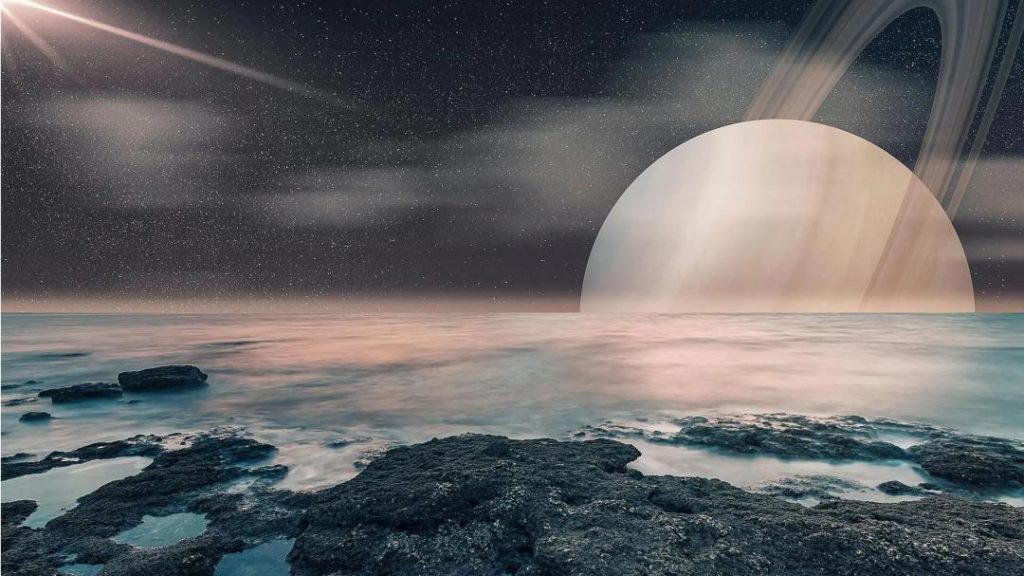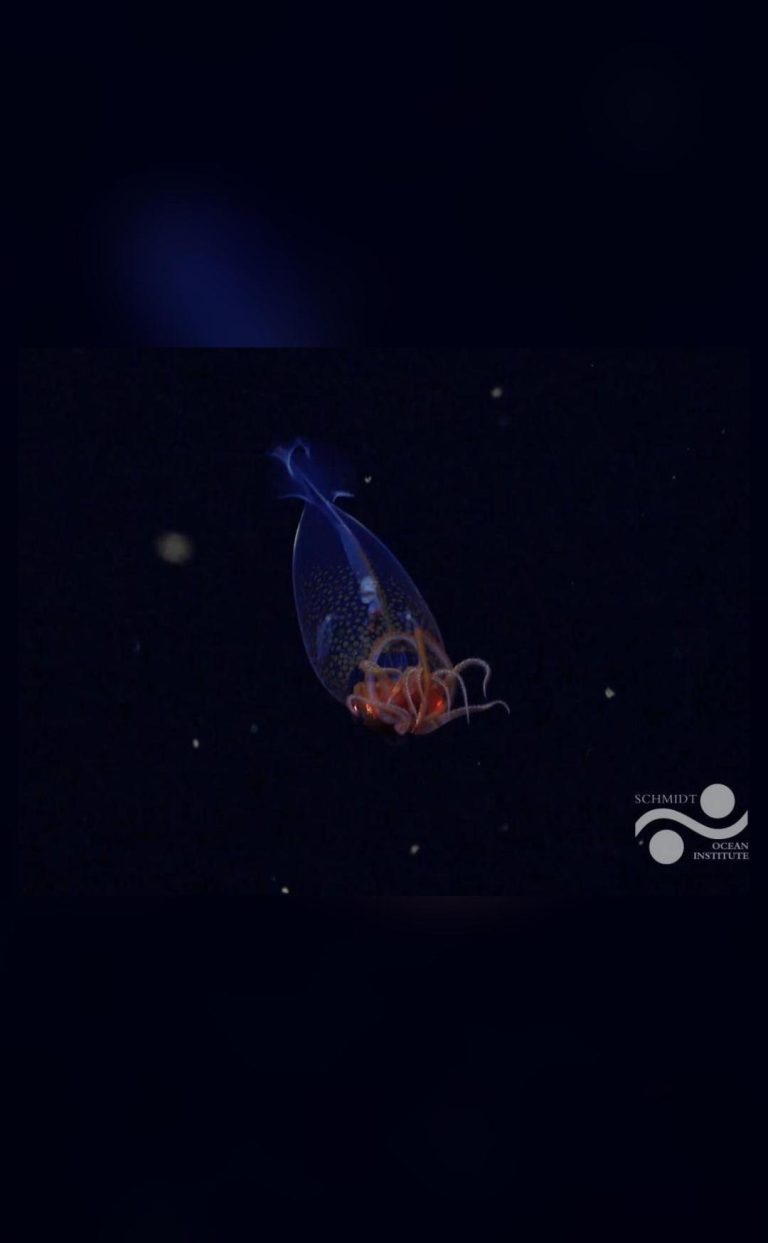
Saturn’s Moon Titan Could Harbor Life, But Only a Tiny Amount: Study
Located in the outer reaches of our solar system, Saturn’s moon Titan is a fascinating world that has captivated the imagination of scientists and space enthusiasts alike. With its thick atmosphere, lakes of liquid methane, and surface temperatures that can drop to -290 degrees Fahrenheit, Titan is often referred to as a “mini-Earth.” But despite its similarities to our home planet, Titan is a very different world, with conditions that are hostile to most forms of life as we know it.
However, a new study has suggested that Titan’s subsurface ocean, which is estimated to be as deep as about 300 miles, may support lifeforms that consume organic material. The study, published in the journal Nature Astronomy, concludes that Titan could possibly harbor simple microscopic life, but it could support only a few pounds of biomass overall.
The research team, led by Dr. David Grinspoon of the University of Colorado Boulder, used computer simulations and laboratory experiments to investigate the possibility of life on Titan. They focused on the moon’s subsurface ocean, which is thought to be in contact with the rocky core of Titan, providing a potential source of energy and nutrients for life.
According to Dr. Grinspoon, the team’s simulations suggest that the subsurface ocean could support lifeforms that are similar to those found on Earth, but with some key differences. “We found that the conditions on Titan are suitable for life, but it would be very different from what we find on Earth,” he said in a statement. “The lifeforms on Titan would likely be microorganisms, similar to those found on Earth, but they would be adapted to the unique conditions on Titan.”
The team’s research suggests that the lifeforms on Titan would likely be simple, single-celled organisms that consume organic material and use the energy from the moon’s rocky core to power their metabolism. These organisms would likely be microscopic in size, and would not be capable of forming complex ecosystems or supporting large populations.
Despite the limitations, the discovery of life on Titan would be a groundbreaking finding, with significant implications for our understanding of the origins of life in the universe. “The possibility of life on Titan is exciting because it suggests that life could thrive in a wide range of environments, even those that are very different from those on Earth,” said Dr. Grinspoon.
The team’s research also raises questions about the potential for life on other moons and dwarf planets in our solar system. “Titan is not the only place in our solar system where life could potentially exist,” said Dr. Grinspoon. “There are many other moons and dwarf planets that have conditions similar to those on Titan, and it’s possible that life could exist on some of them as well.”
In conclusion, the study suggests that Titan’s subsurface ocean could possibly harbor simple microscopic life, but it could support only a few pounds of biomass overall. While the discovery of life on Titan would be a significant finding, it would also highlight the challenges and complexities of searching for life beyond Earth. As we continue to explore the solar system and search for signs of life, the possibility of life on Titan serves as a reminder of the vast and uncharted territory that lies ahead.
Source: https://www.newsbytesapp.com/news/science/titan-saturn-s-moon-could-host-life-forms-study/story






